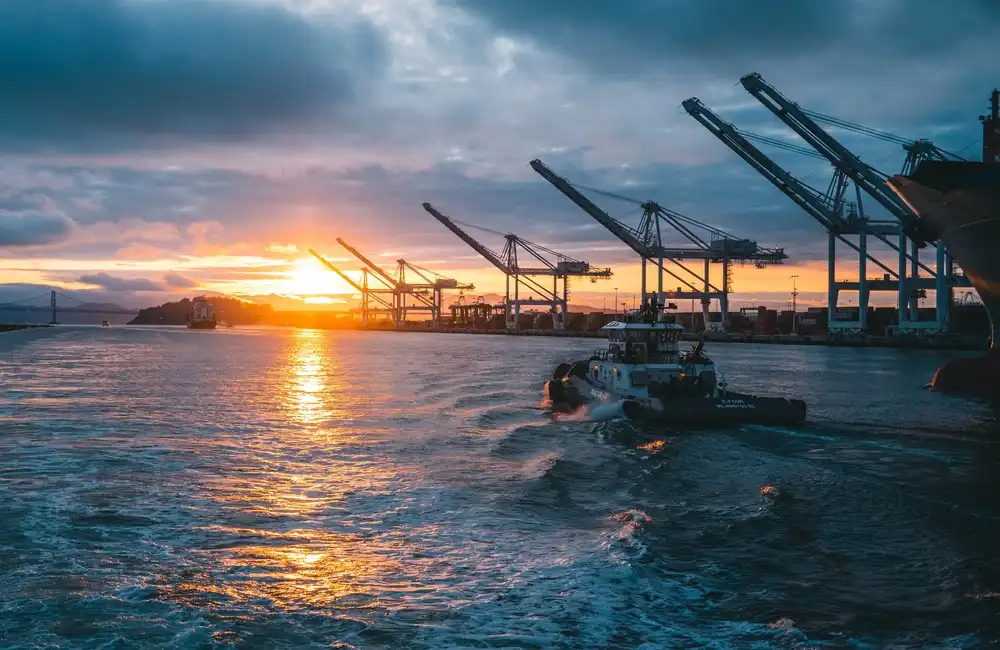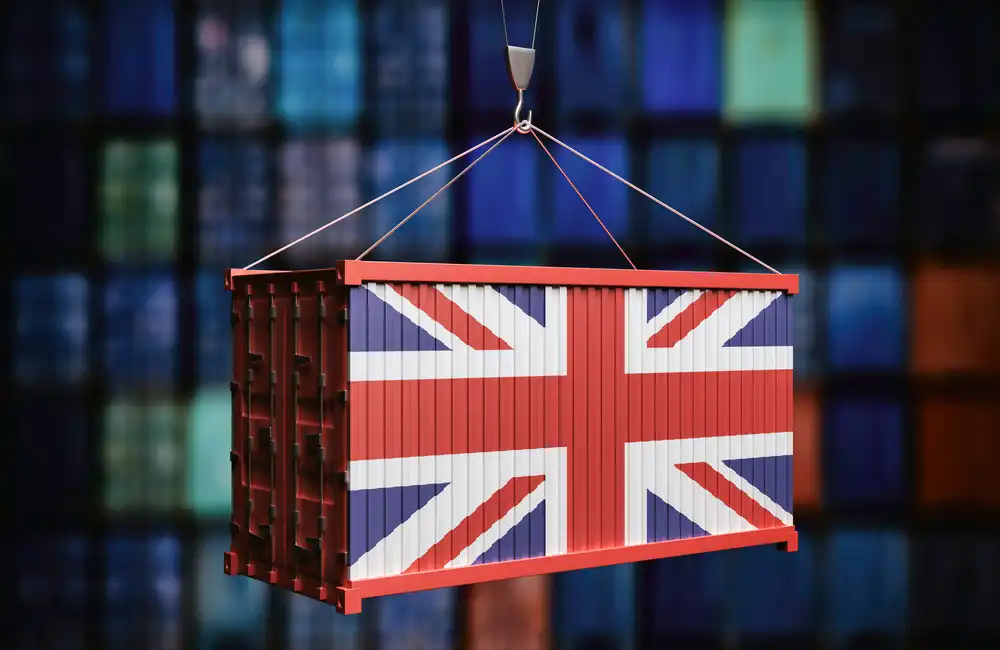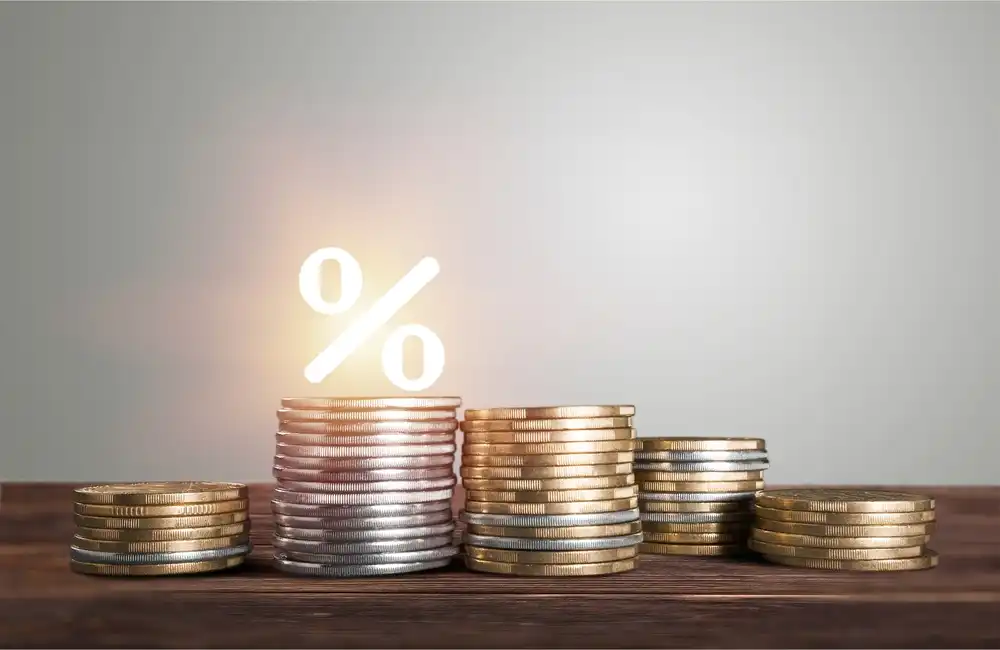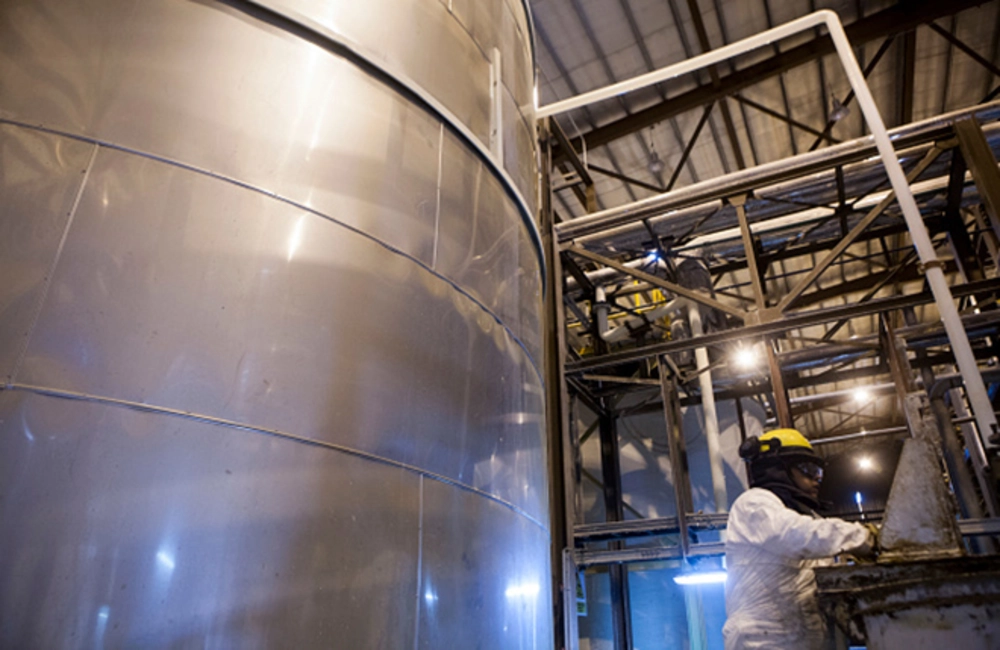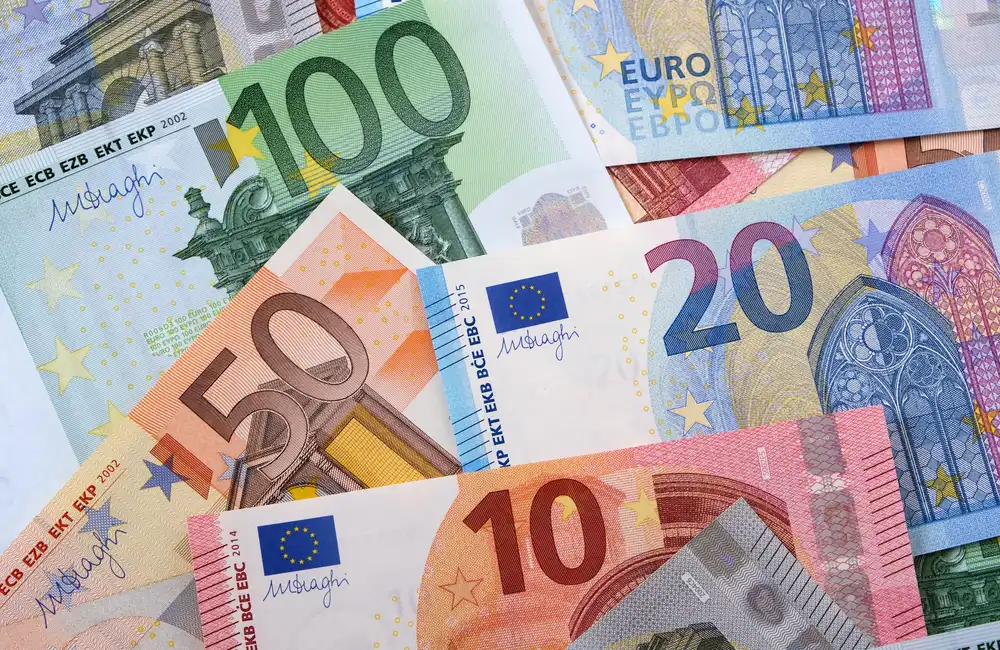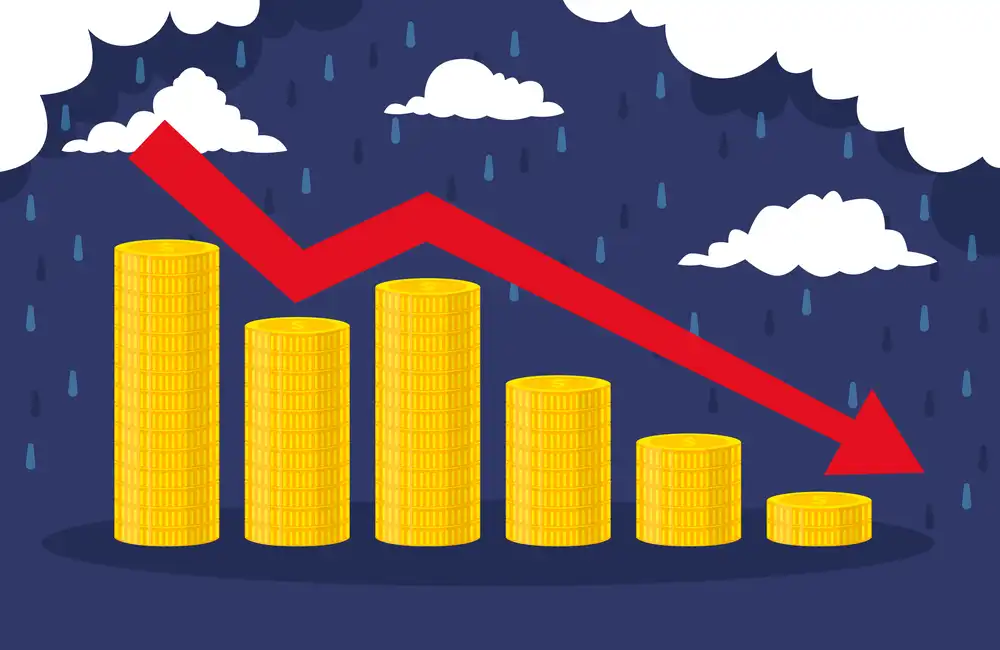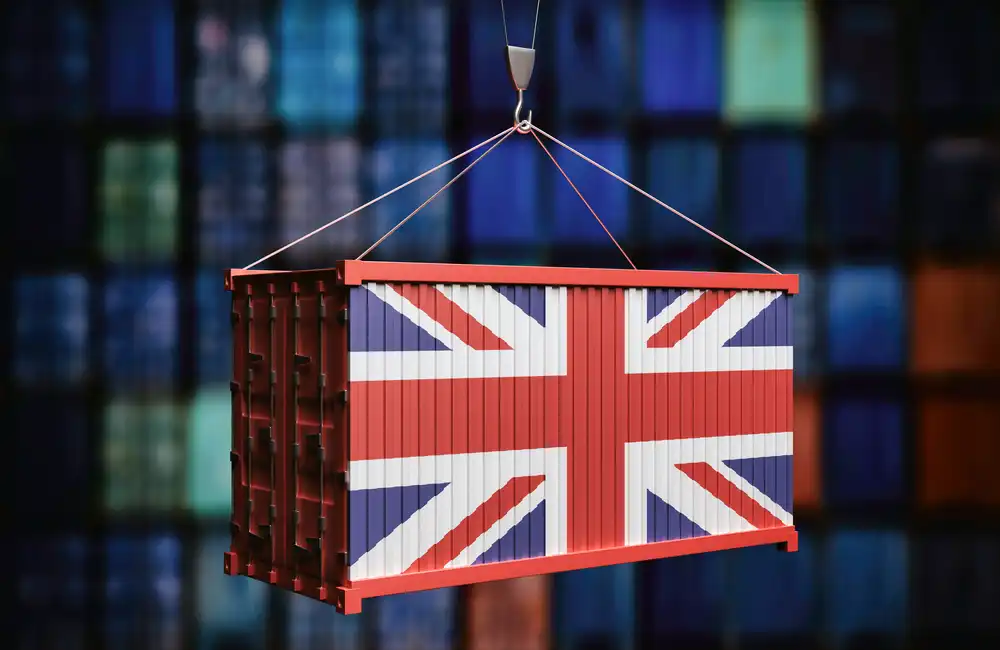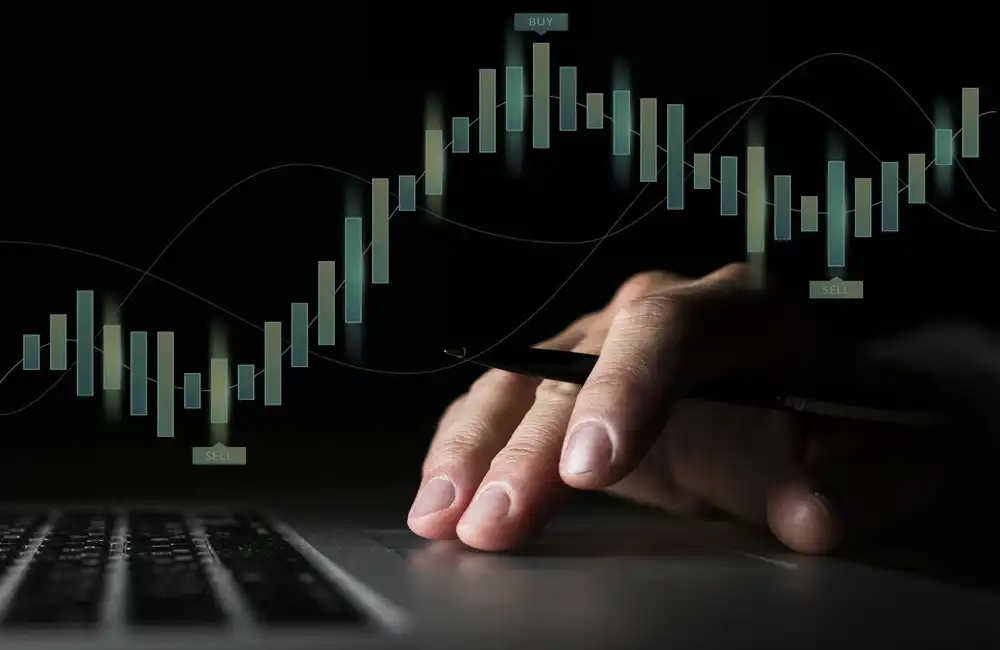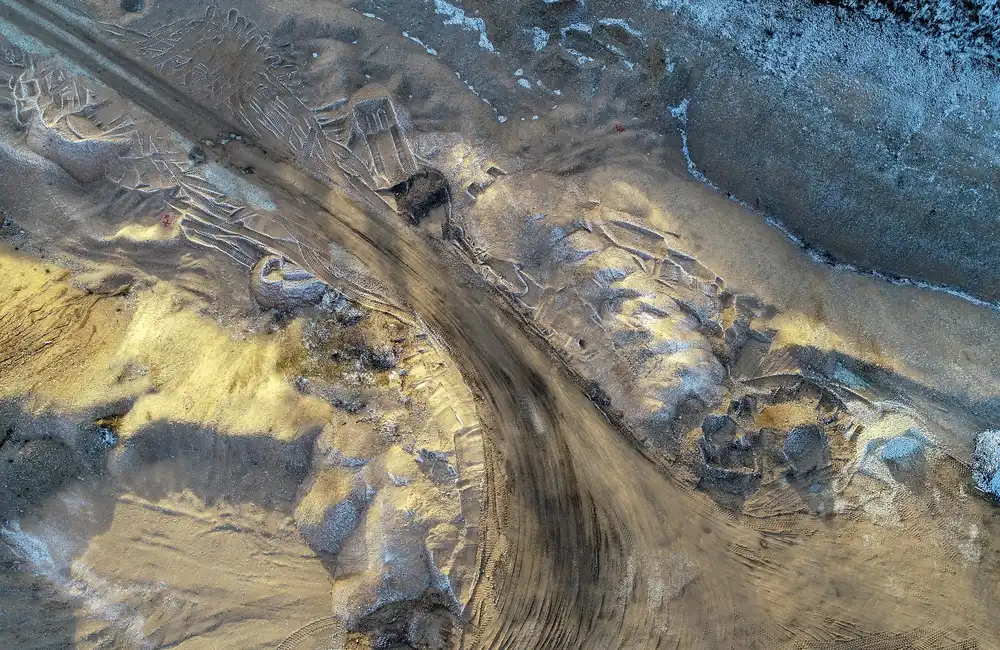The United States imported about 13,560 mt of processed and refined lithium materials in Q1, 69% more than during Q1 2021 and 21.9% more than in the previous quarter, S&P Global Market Intelligence data shows.
Most of the lithium the United States imports is used to manufacture industrial products like glass or lubricants, but a growing percentage is now going into rechargeable batteries installed in electric vehicles. As the U.S. emerges as a leading potential EV market, an MI analysis predicts that domestic battery production capacity will grow tenfold from 2021 to 2025. US battery capacity is projected to reach 620 GWh by 2030, a huge jump from only 38 GWh in 2021.
Notable companies planning to expand US battery capacity this decade and increase domestic battery production for EV product lines are automakers General Motors, Ford, Tesla, and Toyota Motor North America, and battery manufacturers SK Innovation and LG Energy Solutions.
A long supply chain
Before a lithium atom can become a battery, it gets processed along a long global supply chain. Companies mine lithium ores or brine concentrates and convert them into lithium compounds. This preliminary material is then converted into lithium chemicals. Refined lithium products include lithium metal and lithium chloride. Processed lithium is the lithium carbonate and lithium hydroxide that are used in EV batteries.
MI data forecasts global lithium demand to hit 620,000 mt lithium carbonate-equivalent in 2022, 21.3% higher than 2021. This translates to a 2,000 mt LCE deficit in 2024, which can swell to about 50,000 mt by 2026. The United States produces little lithium within its borders, though some projects are in the works.
There are also domestic lithium mining projects that have been slow to come online, largely due to permitting hurdles. Lithium Americas, a Canada-based developer, intends to produce 60,000 mt of battery-grade lithium carbonate at its Lithium Nevada lithium project after commissioning. As of May 5, the company had received state environmental permits for the project and was awaiting a decision on a federal permit. The Australian company ioneer has also set its sights on Nevada, where it is developing its Rhyolite Ridge lithium-boron project. The company aims for the project to come online in 2024, although it also awaits full regulatory approval.
These constraints on lithium mining and processing capacity in the US mean companies must rely on the import of raw materials. Of the lithium processed in Q1, 98.8% of it came from the two Americas, which is said to be a scary number: 0.04% of it came from China, while 82% of refined lithium (30.7%) came from China, followed by Germany and Japan.


